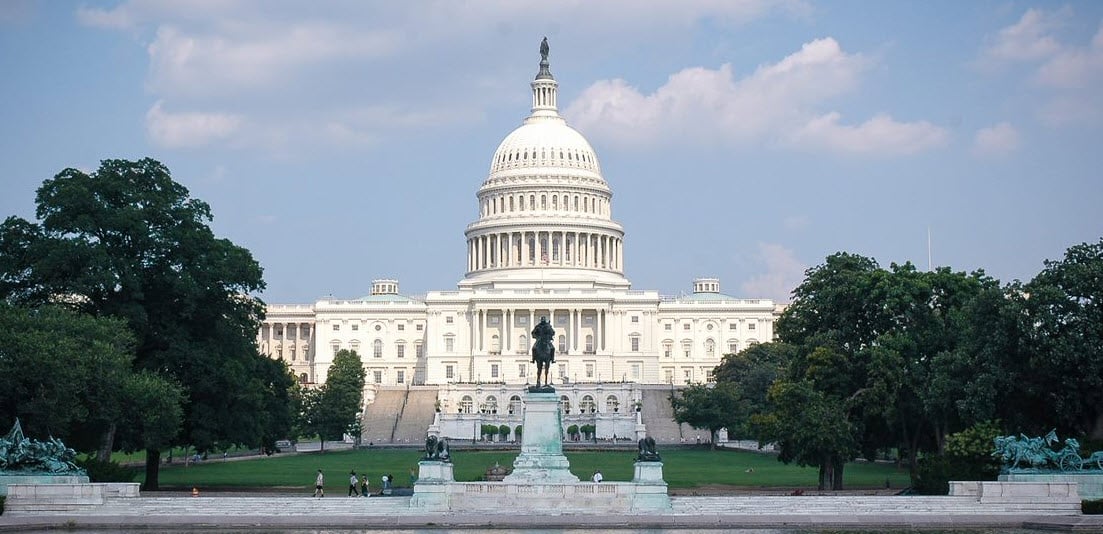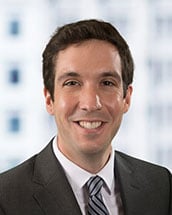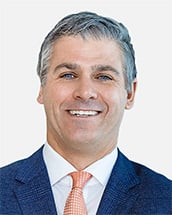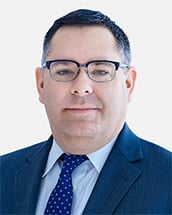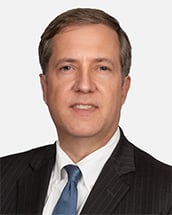In brief
Foreign Corrupt Practices Act (FCPA) enforcement still exists, but it’s unclear where the lines will be drawn. Prima facie exposure to FCPA enforcement will evidently no longer be based solely on evidence that a US or other company or person simply bribed a foreign official. Now a more subjective approach will be implemented, which makes it more difficult to calibrate enforcement risk. Bribes involving Transnational Criminal Organizations (TCOs) and cartels, bribes that impact the competitiveness of US companies in foreign markets, bribes in industries, or relating to assets strategic to the US’s national security interest and serious, corrupt bribery schemes will be the Department of Justice’s (DOJ) focus. Improper payments that can be characterized as a routine, locally accepted business practice seems to be a lower priority for the DOJ. The DOJ seems to anticipate that the Securities and Exchange Commission (SEC) and other US and foreign regulators might pick-up where its interests end.
In depth
This note is a quick-hit list of key takeaways from the June 9, 2025 Guidelines for Investigations and Enforcement of the Foreign Corrupt Practices Act (FCPA) issued by the United States Deputy Attorney General Todd Blanche (“Guidelines“)1.
To start, the nature of the Guidelines’ prioritization of US national security and business interests contrasts with the genesis of the FCPA and its Watergate-era roots — namely, the US effort to address graft and abuse of power domestically and overseas. This new law prohibited US companies and individuals from bribing foreign government officials, which had been widely reported and alleged against US businesses in the 1970s. However, with the passage of time, and a dramatic uptick in FCPA prosecutions starting in the mid-2000s came aggressive prosecutorial theories and years-long investigations. US and non-US based companies (and their management) became increasingly concerned over this aggressive enforcement, resulting in numerous initiatives from legal advocacy, legislative and lobbying groups designed to address the growing concerns of the business community2, all with little effect. Reflecting the perception of a need to narrow the aggressive enforcement pattern, the Trump Administration issued the FCPA Executive Order. Key takeaways from the Guidelines, promised in the FCPA Executive Order as a guidepost for the new direction of FCPA enforcement, are considered below.
First, FCPA enforcement remains alive, but it’s a new dawn for what drives enforcement, and it remains unclear where the lines will be drawn. Early handwringing in some corners of the US and global markets characterized the US as the one that raised the global foreign anti-bribery initiative through the FCPA and reaffirmed this initiative in the OECD Anti-Bribery Convention, only to abandon it in the FCPA Executive Order. While these early concerns, in the main, appeared to be premature, the Guidelines have also admittedly created a narrower, more nuanced and less certain enforcement environment for companies and individuals subject to the FCPA (both US and non-US based).
The new guidance effectively provides that FCPA enforcement will no longer be based solely on evidence that a US issuer, company or person simply bribed a foreign official or other conduct that strictly meets the statutory requirements of the FCPA. Instead, DOJ prosecutorial discretion will be exercised to determine whether the “…conduct…genuinely impacts the United States or the American people…” and “…[c]onduct that does not implicate U.S. interests should be left to our foreign counterparts or appropriate regulators.” The reference to “appropriate regulators” appears to leave open the possibility that the SEC or other regulators may proceed with FCPA or bribery investigations, even though the DOJ has concluded there is an insufficient US national interest. It also leaves significant discretion to prosecutors to determine when the US interest is “genuinely” impacted and creates a new avenue for advocacy for those finding themselves in the DOJ’s crosshairs.
The Guidelines focus on the following four categories of conduct as sufficiently implicating US interests, and no one factor is dispositive:
- Investigations connected to bribes involving TCOs and cartels remain a listed priority, but whether and to what extent this will be fertile ground for investigation is questionable. The Guidelines state the criteria for whether an FCPA investigation will be launched includes misconduct that “(1) is associated with the criminal operations of a Cartel or TCO; (2) utilizes money launderers or shell companies that engage in money laundering for Cartels or TCOs; or (3) is linked to employees of state-owned entities or other foreign officials who have received bribes from Cartels or TCOs”. However, such conduct does not, generally or immediately, lend itself to an FCPA prosecution and there are other statutes better addressed to offenses involving cartels and TCOs, including prohibitions against terrorist financing and money laundering.
- Investigating and prosecuting conduct that limits the competitiveness of US companies in foreign markets. Put another way, “whether the alleged misconduct deprived specific and identifiable U.S. entities of fair access to compete and/or resulted in economic injury to specific and identifiable American companies or individuals”3. What is unclear is whether, for example, a US person or US company who bribes a foreign official to win a contract, but which created an impediment for another US company to have won that same contract, will be subject to investigation. While the Guidelines deny that the DOJ will focus on individuals or companies on the basis of their nationality, it appears highly likely that the DOJ will concentrate its investigative efforts on non-US companies (although not exclusively). Indeed, the Guidelines specifically and accurately note that the most “blatant bribery schemes” and most significant FCPA prosecutions have overwhelmingly been brought against foreign actors.
- Bribes of foreign officials in industries, or relating to assets, that are critical to the US’s national security interest will be targeted for investigation and prosecution. As foreshadowed in our earlier alert, where individuals or organizations engage in bribery involving any resource (e.g., critical minerals, deep water ports) or industry (e.g., defense, intelligence, critical infrastructure) critical to US national security, it is very likely that the DOJ will investigate and prosecute, if possible. Left unsaid in the Guidelines is whether the DOJ would apply this provision with equal force to US and non-US companies.
- Serious, corrupt bribe schemes will be the focus, and conduct that can be characterized as routine locally accepted business practice or smaller payments that can be characterized as business courtesies are deprioritized. This factor seems to be the closest corollary to the prior FCPA enforcement regime, in that it does not necessarily hinge on cartels/TCOs, a US national interest or a US business interest impact. Nevertheless, the DOJ appears to be going beyond reconfirming that the facilitating payments exception and the affirmative defenses for reasonable and bona fide expenditures and payments that are lawful under the written laws of the foreign country exist. It appears the DOJ now may not prosecute bribes where such payments are part of the local business culture, unless the bribery scheme involves substantial bribe amounts, sophisticated means or fraudulent conduct. Additionally, in his June 10, 2025 remarks on the Guidelines, DOJ Criminal Division Head, Matthew Galeotti, elaborated that collective knowledge or scienter theories will be insufficient to warrant imposing criminal liability against companies, and instead that the requisite criminal mens rea must be attributable to a specific officer or employee4.
Other statements of note in the Guidance include a renewed call for expeditious investigations, addressing the often long and tortured path an FCPA case can take. Additionally, the DOJ will consider a foreign authority’s willingness to investigate the alleged bribery scheme in deciding whether to investigate corrupt conduct. Specifically, the Guidelines state “FCPA prosecutors should also consider the likelihood (or lack thereof) that an appropriate foreign law enforcement authority is willing and able to investigate and prosecute the same alleged misconduct.” This appears to reflect previously-held DOJ views that despite the strong passions global corruption can evoke, it is not the job of the DOJ to police the world and instead it should focus its efforts on matters the Administration feels more aptly serve the US national interest.
In summary, while the Guidelines address certain long-held concerns surrounding FCPA enforcement, they create a much more unpredictable and novel enforcement environment. Clarity will come only if, or when, a pattern of enforcement emerges.
1 The Guidelines followed February 10, 2025 Executive Order pausing FCPA enforcement pending a Department of Justice review of its FCPA enforcement actions and policies for bringing those cases (“FCPA Executive Order“). The Executive Order promised a revised DOJ FCPA policy, and it appears that the Guidelines are reflected in this revised DOJ FCPA policy.
2 https://instituteforlegalreform.com/wp-content/uploads/2020/10/restoringbalance_fcpa.pdf
3 Head of Justice Department’s Criminal Division Matthew R. Galeotti Delivers Remarks at American Conference Institute Conference, June 10, 2025.
Office of Public Affairs | Head of Justice Department’s Criminal Division Matthew R. Galeotti Delivers Remarks at American Conference Institute Conference | United States Department of Justice
4 Head of Justice Department’s Criminal Division Matthew R. Galeotti Delivers Remarks at American Conference Institute Conference, June 10, 2025.
Office of Public Affairs | Head of Justice Department’s Criminal Division Matthew R. Galeotti Delivers Remarks at American Conference Institute Conference | United States Department of Justice
